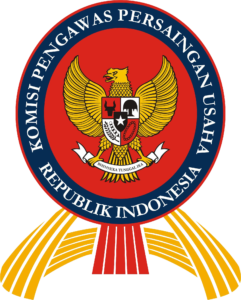
Badan Riset dan Inovasi Nasional
07-11-2022
13-08-2024
9791b3e5-2af8-414f-a09c-d75388c28122
Lake Tempe is a floodplain lake of a national importance situated in South Sulaw...
Sebanyak 21 dari 28 jenis Paphiopedilum yang berasal dari Indonesia diperbanyak ...
This experiment was conducted to study the effects of anthropogenic stressor on ...
Two new goatfishes of the genus Upeneus (Mullidae) belonging to the putative jap...
Hypersaline water is the very common feature in the Great Barrier Reef (GBR) dur...
INFORMASI: Data berikut ini masih dalam proses pemenuhan Prinsip SDI.
The operation and production of the barramundi, Lates calcarifer, at the Good Fortune Bay (GFB) Barramundi Farm Australia
Barramundi (Lates calcarifer) is a commercially important species in Australia and Southeast Asia. Barramundi are not difficult to accept artificial diets, resistant to disease and can grow faster in warm climates. System operation in Good Fortune Bay (GFB) Barramundi Farm in Kelso can be divided into nursery and grow-out management sections. The water source for nursery and grow-out is come from ground water with semi-recirculated system was applied. Every cage in the grow-out ponds has equipment with 4-wheel paddlewheel aeration. Aeration is eminent usually at night when the dissolve oxygen (DO) level in the ponds drop. To prevent predation and disease, each cage is covered by oyster tray lid and nursery tanks are always cleaned to remove pathogens. In the nursery, pellet is given to fish and the pellet size increase depends on the fish size, whereas, fish are feed by floating pellet for grow-out fish. Moreover, farmers measure water quality like DO every morning and also take water sample for ammonia, nitrite, nitrate analysis once a month. GFB Barramundi Farm just sells their product domestically and not import to other country since the price of barramundi from South East Asia such as Indonesia and Vietnam is much cheaper even the quality is lower than Australia product. This is because the labor and production cost in Australia is higher than South East Asia. Journal of tropical life science, 2012, Vol 2 No 1, Hal 25-28
